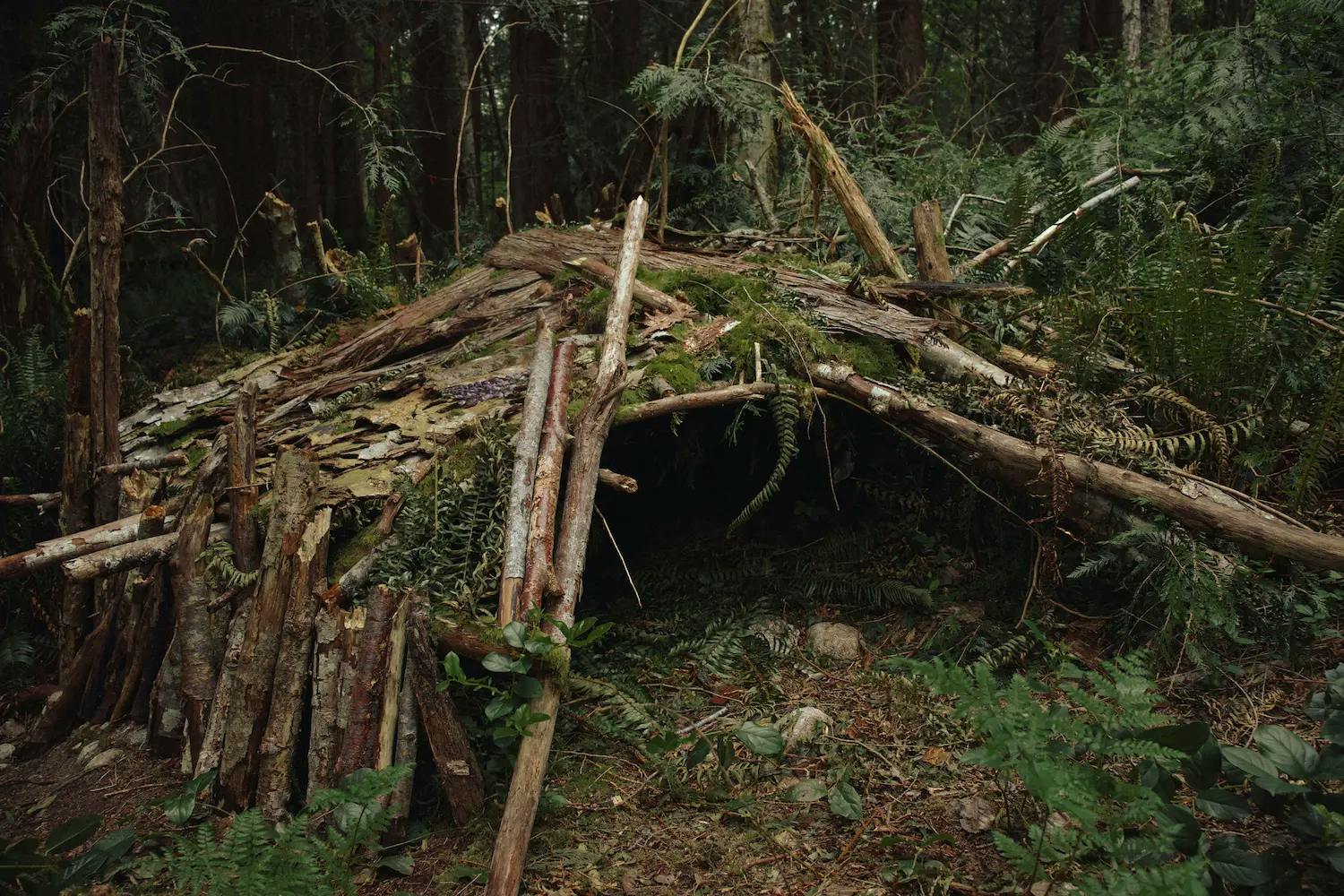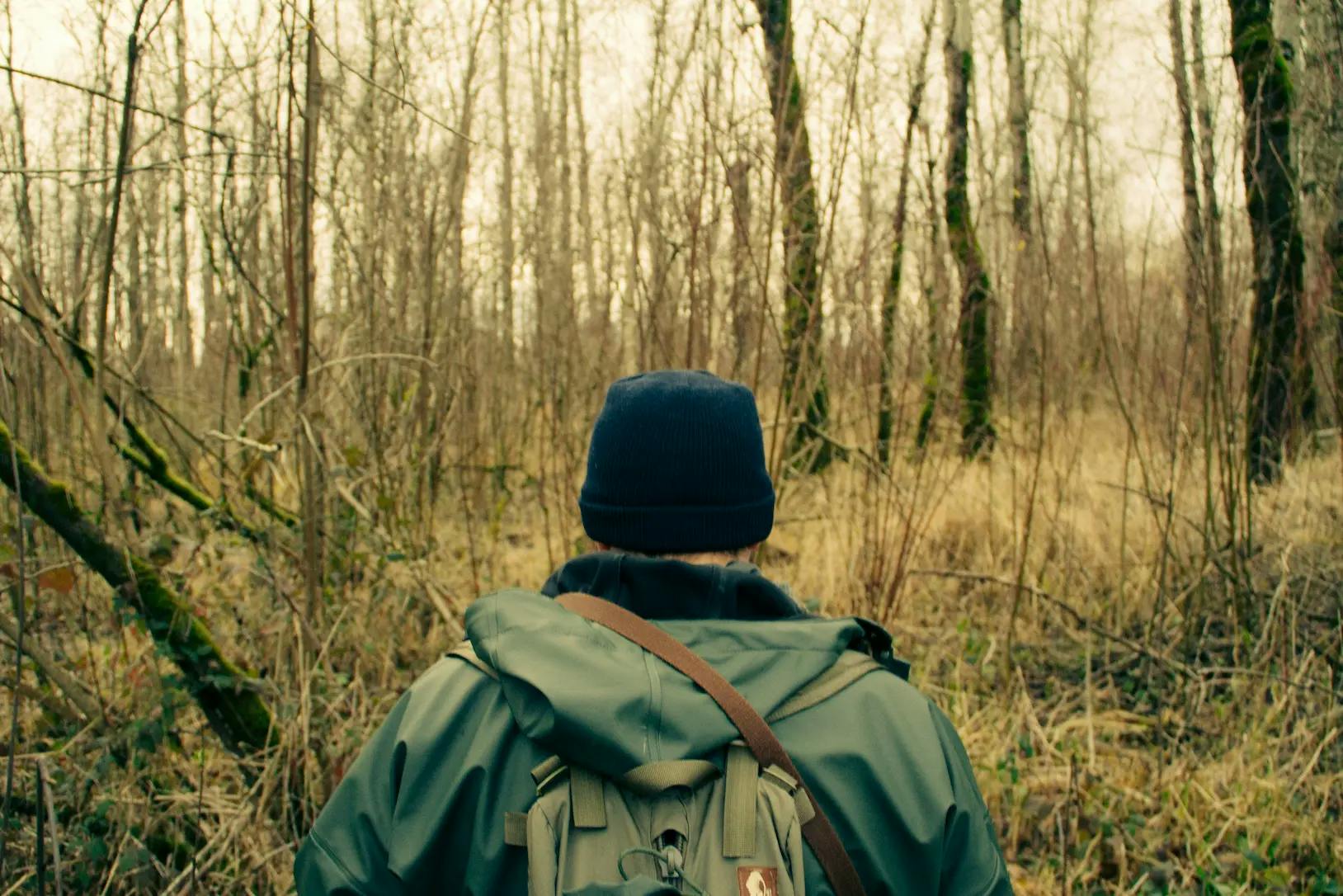The Psychology of Mob Mentality
- Published on
Understanding the Psychology of Mob Mentality for Survival, Prepping, and Camping
Survival, prepping, and camping are all activities that require a certain level of independence, self-reliance, and the ability to think and act logically in high-pressure situations. However, when it comes to survival, understanding the psychological aspects of group dynamics and mob mentality can be just as crucial as having the right gear and skills. In this post, we dive into the psychology of mob mentality and how it pertains to survival, prepping, and camping.
What is Mob Mentality?
At its core, mob mentality refers to the unique behavior exhibited by individuals when they are part of a large group or mob. It often leads to irrational and impulsive actions that individuals may not engage in under normal circumstances. In a survival, prepping, or camping scenario, understanding how mob mentality can influence decision-making is essential for maintaining safety and order within a group.
The Psychology Behind Mob Mentality
Deindividuation: One of the key psychological factors at play in mob mentality is deindividuation. This is the phenomenon where individuals lose their sense of individual identity and personal responsibility when they become part of a group. In survival scenarios, this can lead to a lack of accountability and an increased willingness to follow the crowd, even if it means engaging in risky or irrational behavior.
Diffusion of Responsibility: When individuals are part of a larger group, the sense of personal responsibility diminishes. This diffusion of responsibility can lead to a situation where everyone assumes that someone else will take charge or make the necessary decisions. In a survival or camping setting, this can result in a lack of proactive problem-solving and decision-making, which are essential for navigating challenging situations.
Social Contagion: Human beings are highly susceptible to the emotions and behaviors of those around them. In a group setting, this can lead to the rapid spread of emotions, whether it's panic, excitement, or aggression. Understanding how social contagion operates is crucial for managing group dynamics in survival and camping scenarios, where emotions can run high.
Implications for Survival, Prepping, and Camping
Leadership and Decision Making
In survival and camping situations, the presence of a strong, level-headed leader is crucial for steering the group away from succumbing to mob mentality. A designated leader can help maintain order, make rational decisions, and prevent the spread of panic or irrational behavior.
Training and Preparation
Training and preparation play a significant role in mitigating the effects of mob mentality. When individuals are equipped with the necessary skills and knowledge for survival and camping, they are less likely to succumb to panic and irrational actions. This highlights the importance of honing survival skills and staying informed about camping and prepping best practices.
Building Trust and Cohesion
Fostering trust and cohesion within a group can help mitigate the negative effects of mob mentality. When individuals feel connected and supported within the group, they are less likely to engage in behaviors driven by panic or irrationality. Building trust through teamwork and effective communication can be invaluable in survival and camping scenarios.
Maintaining Individual Awareness
Encouraging individual awareness within a group setting is another strategy for managing the impact of mob mentality. By promoting mindfulness and personal responsibility, individuals can resist the pull of irrational group behavior and make more rational decisions based on their own judgment and skills.
Mitigating the Effects of Mob Mentality
Establishing Clear Communication Channels
In a survival or camping scenario, effective communication is essential for preventing the rapid spread of panic or irrational behavior. Establishing clear communication channels and protocols can help ensure that accurate information is disseminated, and decisions are made based on informed assessments of the situation.
Setting Collective Goals
When a group is aligned with a shared purpose or goal, it can help mitigate the effects of mob mentality. Whether it's working towards setting up a campsite, gathering resources, or navigating challenges, collective goals keep the group focused and less susceptible to irrational behavior driven by panic and uncertainty.
Creating Contingency Plans
Having well-defined contingency plans in place can provide a sense of structure and guidance in high-pressure situations. Knowing what steps to take in the event of an emergency or unexpected scenario can help prevent the onset of chaos and irrational decision-making influenced by mob mentality.
Bringing It All Together
Understanding the psychology of mob mentality is imperative for anyone involved in survival, prepping, or camping activities. By recognizing the psychological factors at play, individuals and groups can take proactive measures to mitigate the negative effects of mob mentality, ensuring a higher likelihood of successful outcomes in challenging situations.
Incorporating these insights into survival training, prepping strategies, and camping preparations can significantly enhance the overall safety and effectiveness of these pursuits. By being mindful of the psychological dynamics at play, individuals can navigate survival and camping scenarios with a greater sense of awareness, preparedness, and resilience.
Remember, when it comes to survival, mental preparedness is just as important as physical preparedness.
For more in-depth information on survival psychology, visit Survival Mastery
To explore additional tips and resources for camping and prepping, visit Camping Mastery



